Dog bite injuries can be physically painful, emotionally traumatic, and financially draining. If you or a loved one has been bitten, understanding who is legally responsible is crucial to receiving proper compensation. At Kiley Law Group, we’ve represented countless victims across Massachusetts and New Hampshire, helping them navigate the complexities of liability in dog bite cases. One of the most important distinctions in these cases is whether the dog owner or a property owner is legally liable, and in some situations, both parties may be held accountable.
Let’s break down the legal differences and what you need to know if you’ve been injured.
In both Massachusetts and New Hampshire, the primary liability typically rests with the dog owner. Massachusetts follows a strict liability statute, which means the owner is automatically responsible for injuries caused by their dog, even if the dog had never shown signs of aggression before. The law is outlined in Massachusetts General Laws Chapter 140, Section 155, and it states that the owner is liable if:
New Hampshire similarly follows a strict liability approach under RSA 466:19, meaning the dog’s history or the owner’s knowledge of the animal’s behavior doesn’t exempt them from liability. If their dog causes injury, they’re responsible.
In both states, victims have the right to pursue damages for medical bills, lost wages, pain and suffering, disfigurement, and more.
While dog owners are the primary defendants in most bite cases, property owners may also be held liable in certain scenarios, particularly when they are not the dog’s owner but had control over the premises where the incident occurred.
The key legal concept here is "duty of care." If the property owner knew or should have known about the potential danger and failed to take reasonable steps to prevent harm, they may share in the liability. For example, if a landlord knows a tenant owns a dangerous dog and fails to act, even after complaints, they could be partially liable for a resulting bite.
Yes, in some cases, both the dog owner and the property owner can be held legally responsible. This is especially true when:
Under these circumstances, an experienced personal injury attorney can pursue damages from multiple sources, increasing the chances of full compensation for the victim.
Imagine a situation where a tenant owns a dog with a known history of aggression. The landlord receives several complaints but takes no action. One day, the dog bites a visitor in a common area of the apartment complex. In this case, the tenant (dog owner) would clearly be liable under strict liability laws, but the landlord may also face liability for negligent failure to act, particularly if the bite occurred in a shared or public area they controlled.
If you’ve been bitten by a dog, time is critical. Here are the immediate steps you should take:
We help dog bite victims understand their rights and pursue the maximum compensation allowed under state law. Whether the dog owner, property owner, or both are responsible, our team will uncover the facts and build a strong case on your behalf.
Dog bites are not just minor accidents—they can leave lasting injuries and trauma. At Kiley Law Group, we understand the legal nuances in cases involving both dog owner and property owner liability. If you’ve been injured, don’t try to navigate this complex area of law alone. With over 50 years of experience and more than $1 billion won for our clients in Massachusetts and New Hampshire, we’re here to fight for your rights and ensure that justice is served.
Contact us today for a free consultation, and let’s discuss how we can help you get the compensation you deserve.

